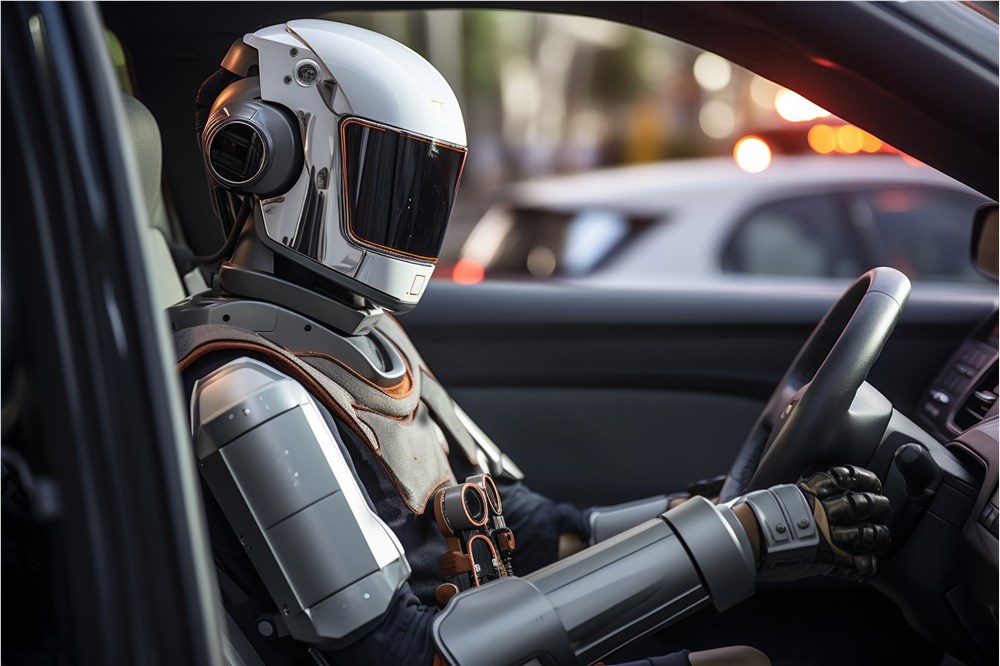Recently, Dongfeng Liuzhou Automobile Co., Ltd. and ZhiSquare (Shenzhen) Technology Co., Ltd. signed a strategic cooperation agreement in Shenzhen, marking the official launch of the first full-scene application of a domestically produced embodied large model in the automotive manufacturing field. This cooperation will leverage ZhiSquare's全域全身视觉 language action model (VLA) GOVLA to promote the new progress of intelligent manufacturing.
In this collaboration, the general-purpose intelligent robot AlphaBot2 (Aibo) equipped with the model will officially enter Dongfeng Liuqi's production plant. Aibo will take on several important production stages, including material handling, dragging carts, attaching windshield labels, and organizing protective cloths for intelligent operations. These operations involve key areas such as quality inspection, assembly tasks, logistics transfer, and factory maintenance, showcasing the extensive application potential of robots in modern automobile manufacturing.

Source Note: Image generated by AI, licensed through MidJourney service provider
The implementation of this project is not only a successful attempt by ZhiSquare in the domestic automotive manufacturing sector but also signifies the continuous maturation of China's intelligent robotics technology. Intelligent production has become an essential method to enhance manufacturing efficiency and reduce labor costs. This cooperation undoubtedly injects new momentum into the intelligent transformation of the automotive manufacturing industry.
With technological advancements, the application of intelligent robots on production lines will become more common. This trend not only enhances production efficiency but also effectively reduces human errors, improving the overall product quality. The collaboration between Dongfeng Liuqi and ZhiSquare will set a new benchmark for China’s automotive manufacturing industry, driving the entire sector toward higher levels of intelligence.
From a technical perspective, the application of embodied large models means that robots can adapt more flexibly to different production environments and task requirements, thereby achieving true intelligent production. This milestone development highlights China's innovative capabilities in the field of intelligent manufacturing and lays the foundation for future applications of more intelligent robots.
